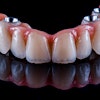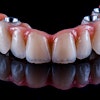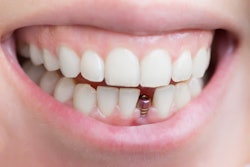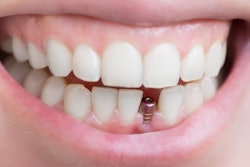
For the first time, a 3D-printed ceramic subperiosteal implant was successfully placed in a patient with an atrophic jaw, according to Lithoz, the Austrian ceramic 3D printing company that designed and built the implant.
A patient at Kepler University Hospital in Austria, who was unable to undergo traditional surgery due to severe scarring and compromised health, received the new implant as a compassionate use case. The implant, which is made of biocompatible high-strength zirconia using Lithoz LCM technology, required no bone augmentation and only one procedure, reducing the healing time by 75% and minimizing trauma, according to the company.
The surgery marked the world's first use of this type of implant, which showed clinical stability after 60 days. The implant, which was developed under the European Union-funded INKplant project, will be patented, adopted as a medical device by Agensmed GmbH, and manufactured using Lithoz 3D printers. A clinical trial is being prepared to validate its efficacy systematically.
The customized implant was designed by the Centre for Medical Physics and Biomedical Engineering at the Medical University of Vienna, with significant contributions from BTI Biotechnology Institute in Spain and BioMed Centre Innovation GmbH in Germany.




















